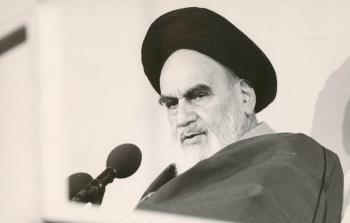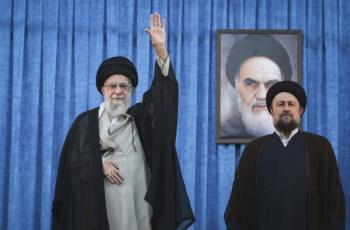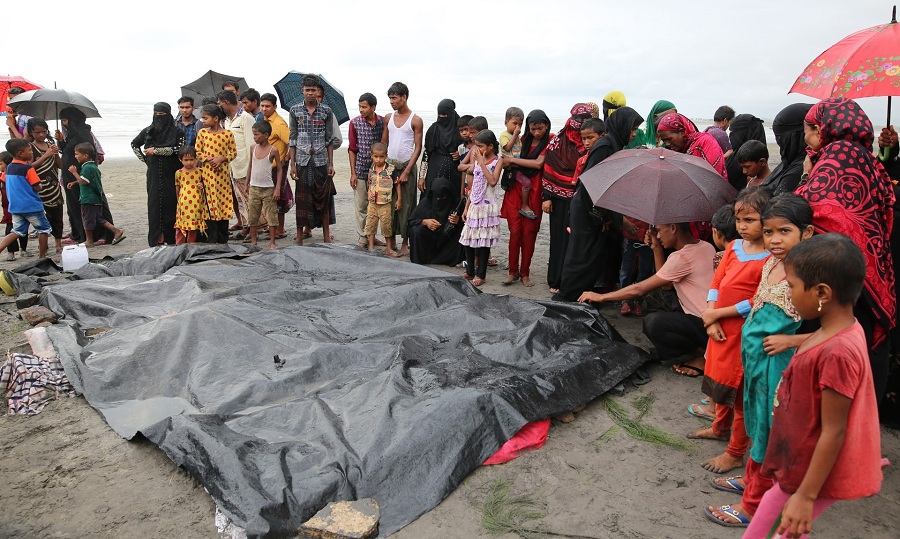Alwaght- Myanmar regime has prevented United Nations aid agencies from delivering vital supplies of food, water and medicine to tens of thousands of stranded Rohingyas displaced by the country's Buddhist army's deadly crackdown on the minority Muslims .
According to the Guardian, the UN has halted distributions in northern Rakhine state after Myanmar's army launched a bloody offensive on the Muslim-Populated state on 25 August under the pretext of fighting militants.
Thousands of civilians were slaughtered and burn alive and some 100,000 more were forced to flee their burning villages to neighboring Bangladesh, many with bullet wounds, due to the violence that many rights group and world leaders say is a blatant act of genocide.
The Office of the UN Resident Coordinator in Myanmar told the Guardian that deliveries were suspended “because the security situation and government field-visit restrictions rendered us unable to distribute assistance”, suggesting authorities were not providing permission to operate.
“The UN is in close contact with authorities to ensure that humanitarian operations can resume as soon as possible,” it said. Aid was being delivered to other parts of Rakhine state, it added.
Staff from the UN refugee agency (UNHCR), the United Nations Population Fund (UNFPA), and the United Nations Children’s Fund (UNICEF), have not conducted any field work in northern Rakhine for more than a week, a dangerous halt in life-saving relief that will affect poor Buddhist residents as well as Rohingya.
The UN World Food Programme (WFP) said it also had to suspend distributions to other parts of the state, leaving a quarter of a million people without regular food access.
Sixteen major non-government aid organizations – including Oxfam and Save the Children – have also complained that the government has restricted access to the conflict area.
Humanitarian organizations are “deeply concerned about the fate of thousands of people affected by the ongoing violence” in northern Rakhine, said Pierre Peron, spokesman for the UN Office for the Coordination of Humanitarian Affairs (OCHA) in Myanmar.
Refugees who have made it to Bangladesh during the past week have told horrific stories of “massacres” in villages that they say were raided and burned by soldiers. Along miles of the border, thick black smoke can be seen rising from small settlements surrounded by green fields.
Although the Rohingya have suffered oppression for decades, the recent bout of violence is seen as a dangerous escalation .
An estimated 1.1 million Rohingya live in Myanmar, which refuses to grant them citizenship and has been internationally condemned for its treatment of the ethnic minority.
Hardline religious leaders in majority Buddhist Myanmar have fuelled anti-Muslim sentiment and accuse relief workers of a pro-Rohingya bias. Aid offices were ransacked during 2014 riots in Rakhine’s state capital, Sittwe.
Leader Aung San Suu Kyi has also forged an increasingly antagonistic relationship with humanitarian organizations in Myanmar. Her office accused aid workers last week of helping “terrorists”, a claim that prompted fears for their safety.



























